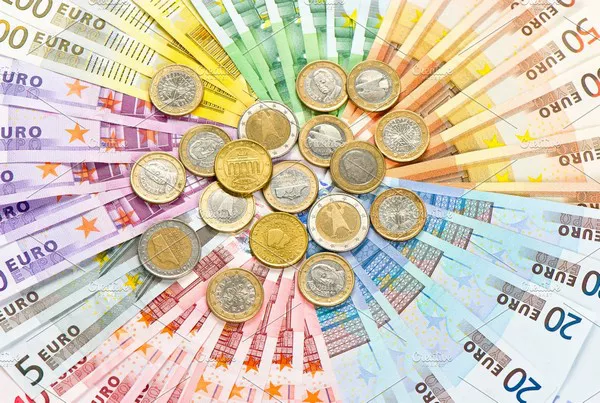The global financial landscape is a complex web of interconnected factors, and the recent decline in the Euro’s value has sparked widespread interest and concern among investors and economists alike. In this article, we will delve into the multifaceted reasons behind the falling Euro, exploring economic indicators, geopolitical events, and market dynamics that have collectively contributed to the currency’s depreciation.
Economic Indicators:
One of the primary drivers of the Euro’s decline is the economic performance of the Eurozone. Economic indicators such as GDP growth, inflation rates, and unemployment play a pivotal role in shaping investor sentiment towards a currency. In recent times, the Eurozone has faced challenges in achieving robust economic growth, with GDP figures reflecting a sluggish expansion. Uncertainties surrounding the economic recovery post-pandemic, coupled with structural issues within some Eurozone economies, have dampened investor confidence and weighed on the Euro.
Furthermore, persistently low inflation rates have raised concerns about deflationary pressures within the Eurozone. Central banks typically respond to low inflation by adopting accommodative monetary policies, such as low-interest rates and quantitative easing. However, the European Central Bank’s ability to implement effective measures has been hindered by the diverse economic conditions among Eurozone member states. This lack of a unified approach has contributed to the Euro’s depreciation as investors seek higher-yielding assets in more stable economic environments.
Geopolitical Events:
Geopolitical events have a profound impact on currency values, and the Euro is no exception. Political uncertainties, trade tensions, and diplomatic disputes can create a risk-off environment, prompting investors to flee to safe-haven currencies. The Euro has been particularly sensitive to geopolitical developments within the Eurozone, such as the protracted Brexit negotiations and disagreements over the European Union’s fiscal policies.
Brexit, in particular, has been a significant factor affecting the Euro’s value. The prolonged negotiations between the United Kingdom and the European Union created a sense of uncertainty, leading investors to adopt a cautious stance towards the Euro. As the negotiations concluded with a trade deal, the lingering effects of the process continued to influence investor sentiment, contributing to the Euro’s depreciation.
Trade tensions, both within the Eurozone and on a global scale, have also played a role in the Euro’s decline. Escalating trade disputes between major economies can lead to reduced global trade activity, negatively impacting the export-oriented economies within the Eurozone. As a result, the Euro faces headwinds from both internal and external trade uncertainties.
Market Dynamics:
Currency values are also subject to the laws of supply and demand in the foreign exchange market. The Euro’s decline can be partly attributed to market dynamics, where fluctuations in demand for the currency relative to other major currencies influence its value.
The U.S. Dollar, being a primary reserve currency and a safe-haven asset, often experiences increased demand during times of global uncertainty. As investors seek safety amid geopolitical tensions or economic uncertainties, they may shift their holdings towards the U.S. Dollar, leading to a relative depreciation of the Euro.
Additionally, interest rate differentials between the Eurozone and other major economies impact the attractiveness of the Euro to investors. If the Eurozone offers lower interest rates compared to other regions, investors may prefer to hold assets in currencies with higher yields, contributing to a decline in demand for the Euro.
See Also: Does Switzerland Use the Euro? [Revealed!]
Conclusion:
In conclusion, the falling value of the Euro is a result of a complex interplay of economic indicators, geopolitical events, and market dynamics. The Eurozone’s economic challenges, coupled with uncertainties stemming from geopolitical events like Brexit and trade tensions, have created an environment where investors are more inclined to seek refuge in other currencies, particularly the U.S. Dollar.
As the global economic landscape continues to evolve, understanding the intricate factors influencing currency values becomes imperative for investors, policymakers, and businesses alike. While the Euro’s recent decline poses challenges, it also presents opportunities for stakeholders to reassess economic policies, foster unity within the Eurozone, and navigate the dynamic forces shaping the international monetary system.


